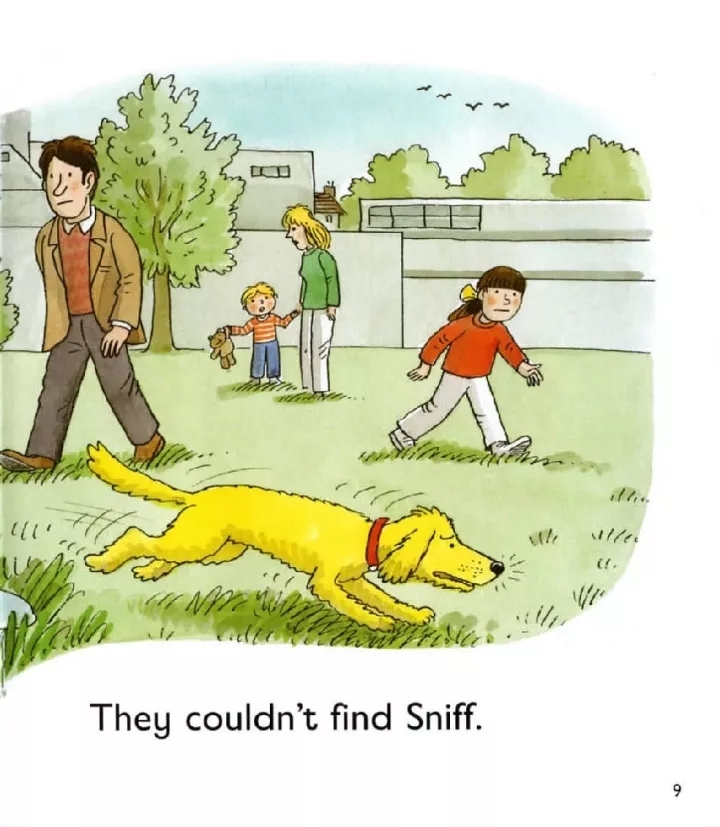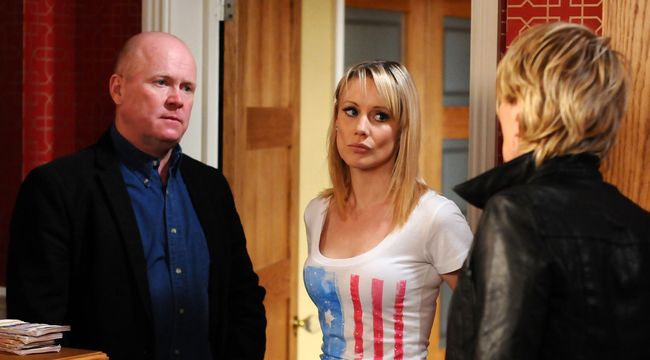

Liff was also the stage manager on that show, broadcast live on Friday evenings with Sid Caesar and Imogene Coca as the stars and Mel Brooks as one of the writers. It overlapped with “Admiral Broadway Revue,” a show on the new medium of television that originated from a converted theater in Columbus Circle. Liff’s first show as a stage manager was “Along Fifth Avenue,” which ran 180 performances from January to June 1949. The troupe included Bob Fosse and Carl Reiner. Liff was at that moment in his life, a veteran. Liff for a potential biography, said he worked for the producers Herman Levin and Melvyn Douglas on a national tour of “Call Me Mister,” a musical that was about what Mr. Peter Webb, a playwright and director who interviewed Mr. He had been promoted to captain by the end of the war. He graduated from the Carnegie Institute of Technology, now Carnegie Mellon University, in Pittsburgh in 1939 with a degree in theater.Īs an Army officer during World War II in Chicago, he oversaw what amounted to the opposite of an assembly line: a disassembly line, whose purpose was to examine damaged gear sent back from the front and salvage parts or materials, like tubes in radios.

Liff was born on April 14, 1919, in Boston, the youngest child of Morris Liff, a restaurateur, and Rose Liff. But Mickey Rolfe, who was his assistant in the late 1980s before becoming a theatrical agent on his own, said at least one client called him Sam because “Biff Liff” sounded too much like “Topsy Turvy.” Liff apparently acquired the nickname Biff as a child, and most theater people called him that.

She added: “He would say, ‘Don’t worry, I’ll take care of it.’ And he did.” “I was never in any of those rooms where he probably roared like a lion, but I always felt as though my reputation would be O.K. He could be the deep, reassuring source of calm in the frenzied, cutthroat world of Broadway, where powerhouses like Merrick considered actors “unruly children.” A barrel-chested man with an enormous head, he also had a voice that, at least in the good-natured imitations of friends, could project the absolute authority of a bass-baritone. Liff was a towering presence in the theater - literally. Liff on “Oliver!” The production stage manager’s job involved being the eyes and ears of the producer and the director when the producers were showmen like Merrick and the directors were Broadway titans like Gower Champion and Joshua Logan. “If the producers and the directors were the kings of Broadway, the production stage managers were the princes,” said the veteran producer Emanuel Azenberg, who worked for Mr. But it was backstage, with titles like production stage manager, that he first made his mark. Andrews, Jane Alexander, Angela Lansbury, Agnes de Mille and Chita Rivera. Then, in the 1970s, he became a theatrical agent whose clients included Ms. Liff - whose given name was Samuel, and who died on Monday at his home in Yorktown Heights, N.Y., at 96 - went on to become an associate producer in the 1960s under Broadway showmen like David Merrick. A big disappointment for rugby league’s true believers, but a testament to either the impeccable on-field behaviour of the players, or poor refereeing.Mr. That means that in those 11 years, and over 2250 games, the paying public only got to see 12 players sent off. Only one player was sent off in each of the 2010, 2015, 20 seasons, and only two in each of 2001, 2005, 20. It hasn’t all been fun and early showers though, as you’ll be horrified to learn that in 2014, 20 not a single player did anything to deserve dismissal. Illawarra’s Shaun Timmins was sent off twice within three games for careless tackles, and St George’s Lance Thompson managed the rare feat of being sent off in consecutive weeks for high tackles. Yes, ’98 was a year to remember, from Round 1 when Geoff Toovey and John Hopoate from Manly were both marched by referee Bill Harrigan for “contrary conduct/dissent”. Now those were the days, and what a way to get the NRL era off to a flying start. The eight dismissals so far this year already equals both the 19 efforts, but is sadly a long way short of the glorious 1998 high watermark, when a total of 17 players were punted.

If they do, 2022 could go down as the second-highest year for send offs in the NRL era.
#BIFF THE SNIFF FULL#
With five full rounds to go in 2022, knuckle enthusiasts will be hoping that a few more gladiators step up to the plate and earn their marching orders.


 0 kommentar(er)
0 kommentar(er)
